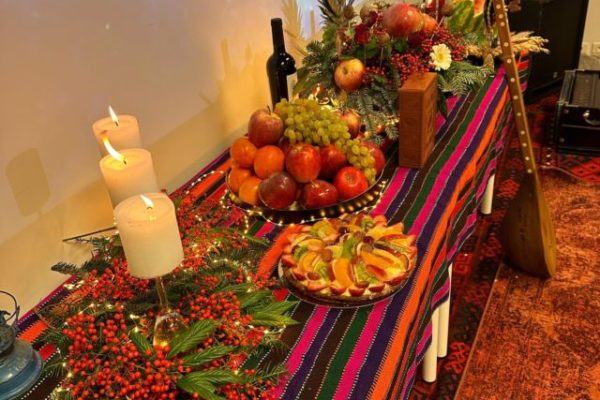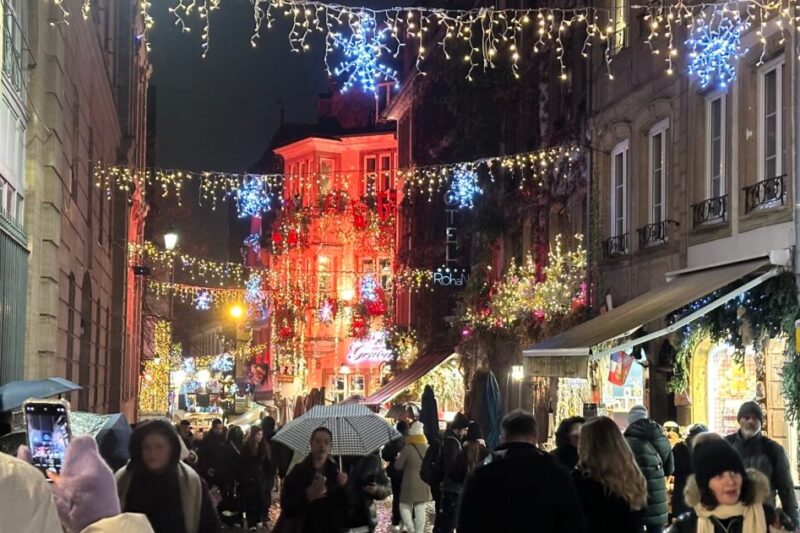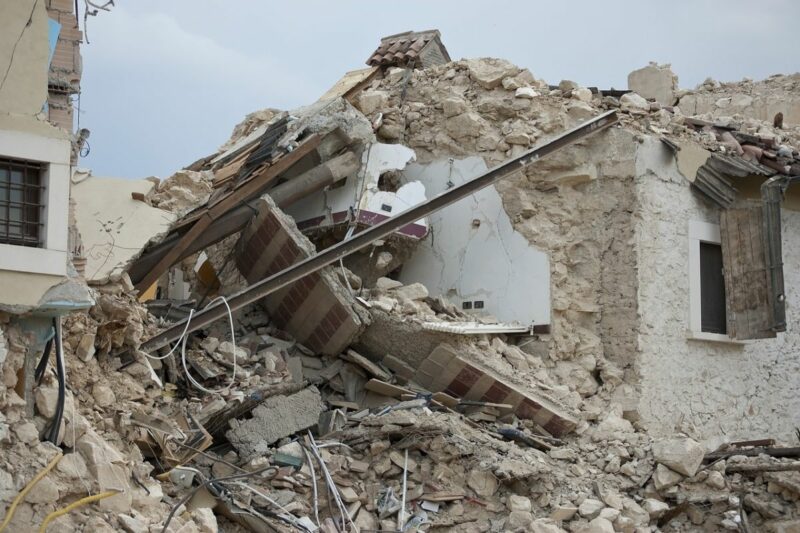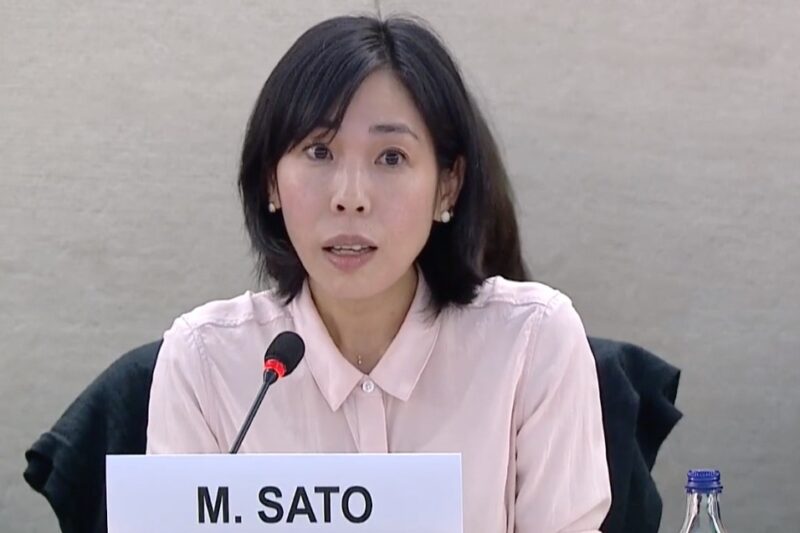One Yalda Night in Brussels
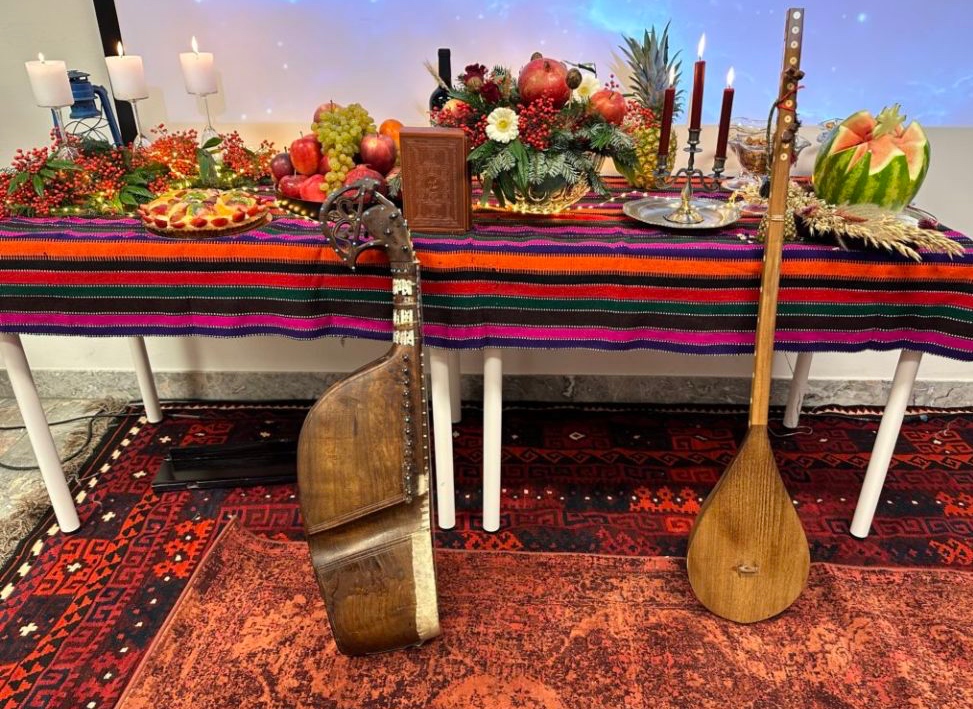
The longest night of the year is called Yalda or Chellah and is known as "the night of the sun’s birth (Mehr)" in Afghanistan, Iran, and Central Asia.
Yalda Night or Shab-e-yalda is the longest night of the year. The night is called Chellah and is known as « the night of the sun’s birth (Mehr) » and is celebrated in various regions, including Afghanistan, Iran, and Central Asia.
Yalda Night was officially registered by UNESCO in 2022 as a cultural heritage shared by Afghanistan and Iran. This ancient festival is celebrated not only in Afghanistan and Iran but also in Azerbaijan, Tajikistan, Iraqi Kurdistan, Uzbekistan, Turkmenistan, Armenia, Dagestan, and Turkey on December 21 every year, coinciding with the winter solstice.
Yalda Night, also known as Chellah Night, has a long history in this region and is being considered for inclusion in the UNESCO World Legacy list as a global intangible heritage. Its origins can be traced back 7.000 years, beyond the borders of Afghanistan and Iran. The name « Yalda » comes from the Syriac language and signifies « the birth of the sun. » During the Sassanid era, this word entered the region then called Ariana. The ancients connected this night to the sealing ritual, or Mitra, which took place 7.000 years ago in ancient Balkh.
In Belgium, the Network of Afghanistan Diaspora Organizations in Europe (NADOE) celebrated this cultural night with a variety of activities such as poetry reading, short stories, Faal Hafez, Yalda history, food, and music accompanied by dancing. This is notable as the Taliban has banned all cultural celebrations in Afghanistan
Reading Divan Hafez and telling stories
Salhwodeen Samim, the president of the Afghaans Cultureel Centrum Ernest Claes in Antwerp, mentioned that the evening in Afghanistan, Shab-e-Chellah was highly valued for reading Divan Hafez and telling stories. Styling the verdant cypress and pine branches has symbolized resistance to the cold among Yalda’s emblems. Ritual food, including watermelons and pomegranates, was spread, and a fire was kindled on this particular night.
He said : « The people believe that eating fruits like watermelon on Yalda night can lessen dehydration and depression in the heat of summer, so they consume it along with nuts, pomegranates, and good foods on this night. »
Cultural scholars from Afghanistan state that the Taliban’s opposition to the advancement of the Persian language (Farsi) is behind its attempts to stop Yalda Night from taking place in Afghanistan. Also “Shahnameh” (Book of Kings), which is one of the world’s longest epic poems written by poet Ferdowsi in the pre-Islamic history and culture of Persia, Divan Hafez Shirazi is frequently mentioned, and much poetry is recited in Farsi on Yalda night, the Taliban perceives these cultural expressions as anti-religious. Because this night has a long story before Islam.
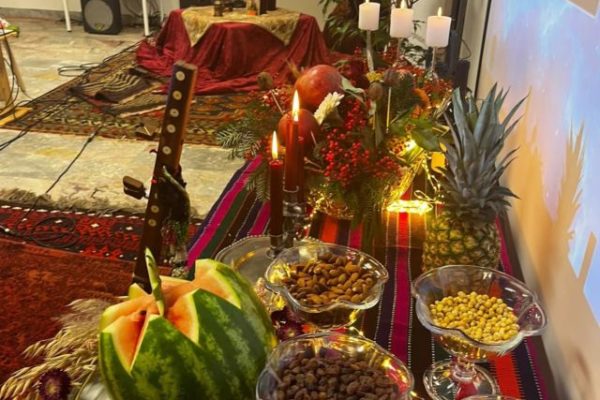
Experts believe that Yalda night has existed with different names throughout the distant past among various religions and cultures worldwide and is still widely celebrated. In ancient Iran, the sacred evening known as « Yalda Night » dates back at least to Darius I’s reign in 502 BC, as recorded in the Iranian calendar.
Abu Rayhan Muhammad ibn Ahmad Al-Biruni, well-versed in physics, mathematics, astronomy, and natural sciences, referred to Yalda as « Milad Akbar, » meaning « birth of the sun. » Al-Biruni mentions in the « Masudi Law » a version, still in the British Museum, where Yalda is registered as « Khorra Rooz, » and in some sources, it is called « Khorram Rooz ». « Shab Chellah » or « Chellah Kalan » are other names for Yalda Night, meaning the longest night of winter.
A trans-religious ritual
Irfan Dawood, an Afghan poet, and literary researcher, told Media Latitudes in a phone conversation that in Greater Khorasan (a region that spans several countries) in northern Afghanistan, southern Turkmenistan, and northeastern Iran the night of Yalda is known as « Chellah night ». This custom became more widespread over the past few decades, especially in the west of Afghanistan, and on these nights, Shahnameh and Divan Hafez were reading more than ever « In my opinion, » he added, « Hafez Khawani entered our country on Shab Chellah, after the expansion of relations between the people of Iran and Afghanistan. In Afghanistan, the history of Yalda night dates back to ancient times, and as a trans-religious ritual, it has been passed down from generation to generation. »
Dawood continued: « The Taliban’s opposition to Persian culture is rooted in their denial of the land’s past and their consideration of Persian cultural manifestations as anti-religious. Pashtunism aims to destroy all non-indigenous cultural identifiers and signs by falsifying, erasing, and imposing. It aims to present and impose its tribal manifestations. On the other hand, the Taliban reading sees manifestations of Persian culture as anti-religious and is hostile to these manifestations under the pretext of religion and in the service of the tribe. »
Victory of light over darkness
Europe was first introduced to the Manichaean festival of the sun’s birth. Thracians have been celebrating it in honour of Christ’s birthday since the fourth century AD as a result of the spread of Christianity. The Avesta (Zoroastrian) culture also gave rise to the idea of « cold » and coolness, as well as heralds, and saw the start of the year as corresponding to the winter season. This is another intriguing fact and heralds good news. The victory of light over darkness and Ahura over the devil observed Dawood .
« Today » Dawood pointed out, « Shab-e-Yalda is celebrated in many cities around the world, with different names and beliefs. But the root of all of them leads to this night Shab-e-Yalda. This Aryan culture entered Europe through the Manichaeans, since many Europeans had converted to the Mehr or Mithraism religion, they all celebrated this night. When Christianity appeared and slowly penetrated Europe in the fourth century AD, it continued to exist among the Thracians as a celebration of the birth of Jesus. »
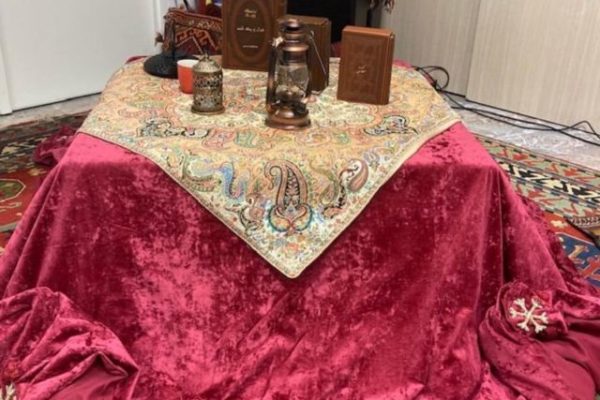
Yaldā/Chellah to the UNESCO
The notes from the UNESCO decision highlight that Yaldā/Chella had been proposed by the Islamic Republic of Iran and Afghanistan for inclusion on the Representative List of the Intangible Cultural Heritage of Humanity.
The relevant UNESCO committee observed that Yaldā, also known as Chella, is a customary festivity in Iran and Afghanistan that honours the sun and the warmth of existence. The event is held on the final night of autumn. Families meet at the homes of elders and gather around a table decorated with various symbolic items and foods, such as water for cleanliness, a lamp for light, and red fruits like grapes, pomegranates, watermelons, beetroots, and jujube for warmth.
On the table during the gathering, the UNESCO document records, are also items like broth, chocolates, dried fruits, and nuts that are utilized especially for the event. Recitations of poetry and stories, games, music, and gift-giving to newlyweds, in-laws, and kids are just a few of the activities. The celebration honours cultural identity, the environment, women’s rights, friendship, hospitality, diversity in culture, and peaceful cohabitation. The UNESCO intergovernmental committee resolved to include Yaldā/Chellah on the Representative List of the Intangible Cultural Heritage of Humanity and observed that « Considering the circumstances of their region, it is encouraging that the two submitting States have jointly submitted the nomination. »
Families have set up their Yalda tables
In several regions of Afghanistan, the Yalda festival has a long history. The night of Challah Kalan in Afghanistan’s western cities was and still is connected to entertainment, music, and the recitation of the Shahnameh. In recent years, cultural and literary institutions have celebrated the holiday with elaborate ceremonies, and families have also set up their Yalda tables and hosted family get-togethers.
Four millennia ago, the ancient Egyptians observed the « Birth of the Sun » on the same day as Chellah Night, and they did so for a full twelve days, symbolizing the twelve months of the year, with dancing, stomping, and rejoicing.
Celebrating the Yalda night is still common among Bakhtari, Takharistani, Badakhshani, and Tajik villagers.
In ancient Rome and Greece, the first day of winter was the day of commemoration of the sun god, which was celebrated in Rome as Dies Natalis Solis Invicti, which means « the birthday of the unconquered sun ».
